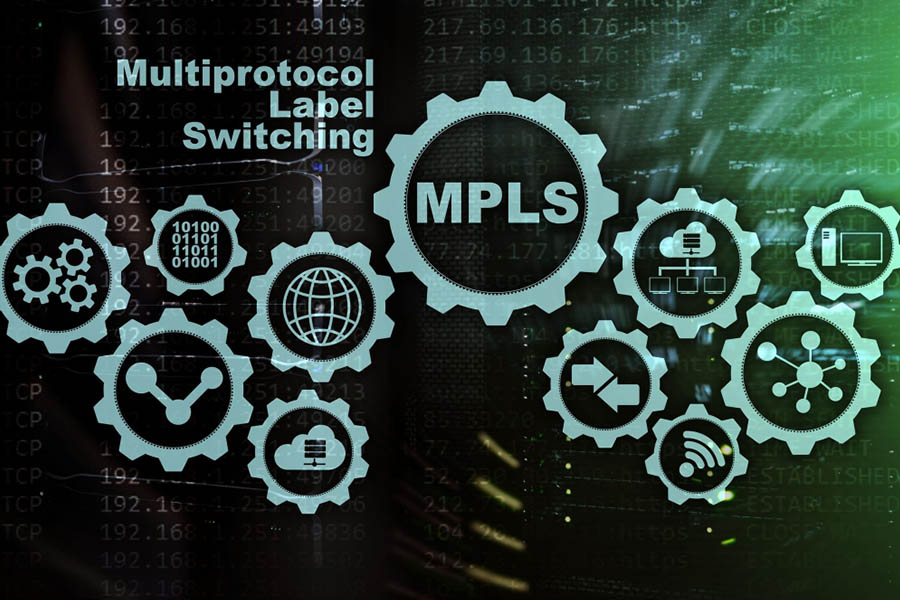25 November 2022
VPN vs MPLS: Which Is the Best Choice?
When faced with the choice of VPN vs MPLS for your organization's needs, which one would be the right choice?
VPN stands for Virtual Private Network, while MPLS stands for Multi-Protocol Label Switching. Before choosing the accuracy of using both in business, let's first dissect them one by one.
Get to know VPNs
A VPN or Virtual Private Network is a system that allows you to create tunnels to protect all your traffic. This VPN is generally for privacy protection and is certainly important for users of the internet world. Enabling this virtual private network service greatly improves user security while browsing the web. Yes, VPNs have a very strong level of security to maintain your organization's privacy.
Get to know MPLS
MPLS or Multi-Protocol Label Switching is a technology that can provide optimal access and increase speed. The MPLS scheme combines the various advantages of circuit-switched and packet-switched communication systems. In general, MPLS uses tags instead of IP addresses when routing packets. This is one of the technologies that starts and transmits data between network nodes. This makes it easy to establish a virtual connection between distant nodes.
VPN and MPLS Equations
There are many significant differences between VPN and MPLS; However, the two technologies are basically very similar. Both seek the same goal: secure data transmission and protection against cyberattacks.
VPNs and MPLs allow users to browse the web and intranet content securely. They make life more difficult for cyberattackers who want to intercept traffic and extract data. They secure internal networks from external threats.
VPN and MPLS
Implementations can also be collaborated. They don't always compete for security solutions. For example, a cloud-optimized MPLS system can be combined with a VPN in an MPLS-VPN hybrid. In this situation, the MPLS infrastructure acts as the backbone while VPN protection is applied on it.
Some Considerations in Choosing a VPN vs MPLS
The best thing about these two systems is their guaranteed security and speed. But in general, if your priority is security and protecting your organization's data, a VPN service can be an option.
Your employees can surf the web securely, with less exposure to potential man-in-middle attacks. Your organization can also add VPN protection at an affordable price and fast. Cloud-based services can securely secure SaaS applications.
A VPN and MPLS can both provide enhanced security. But VPNs offer encryption as standard. It also works up to OSI Layer 7 compared to OSI layer 2 or 3 for MPLS alternatives. Because of this, a VPN may be preferred when security is more important than speed.
MPLS is a more specialized solution for intranets with high-level security needs. MPLS systems are generally launched in organizations to connect departments or branches. They work well when routing data internally and securing important information in the network.
MPLS also works well with Voice-over-IP and other data-heavy business applications. Routers can switch high volumes of real-time traffic reliably and quickly – a good solution for internal conferencing or team management.
So, have you imagined the right option for your organization? Let's discuss your VPN and MPLS needs with Telkom DWS!
Is this information helpful?
